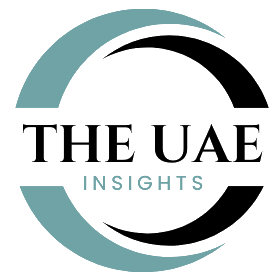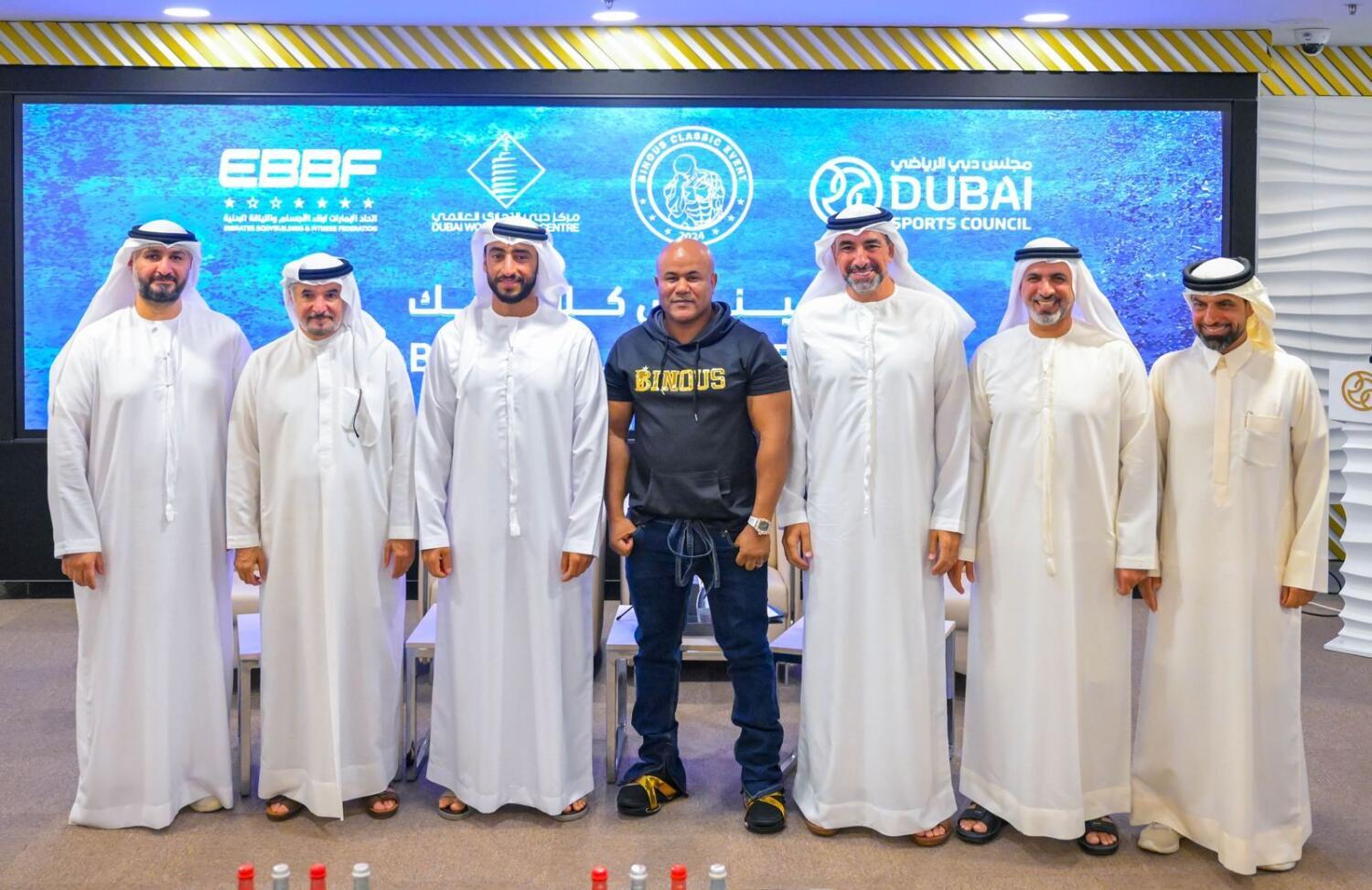
A top UAE human rights official has expressed concern about the widening gap in accountability systems for AI-related human rights violations, cautioning that current international frameworks are inadequate to address the moral conundrums of the AI era.
[If] Someone so twisted uses artificial intelligence (AI) and robotics to torture a human being. Now, the torturer is a machine, robot, or artificial intelligence (AI) rather than a human. Who then has responsibility for the matter? asked the National Human Rights Institution’s chair, Maqsoud Kruse.
Kruse warned that such problems are no longer hypothetical. He questioned how society could start to understand and control this activity and who should bear responsibility—the machine, the programmer, the creator, or even the electrical supplier.
Kruse warned that such problems are no longer hypothetical. He questioned how society could start to understand and control this activity and who should bear responsibility—the machine, the programmer, the creator, or even the electrical supplier.
Additionally, he criticised the current international human rights frameworks. In reference to artificial intelligence, he responded, “The answer is no,” when asked if the Paris Principles and the Universal Declaration of Human Rights are “fit for purpose.” Although these writings provide fundamental principles, Kruse stated that they were produced “at a time when these challenges were not envisioned” and in a pre-digital age. He urged the international community to unite to reconsider international human rights frameworks for the AI era.
Also Read:
PTSA’s Holistic Approach In Shaping The Future Of Football: Mohamad Adlouni









